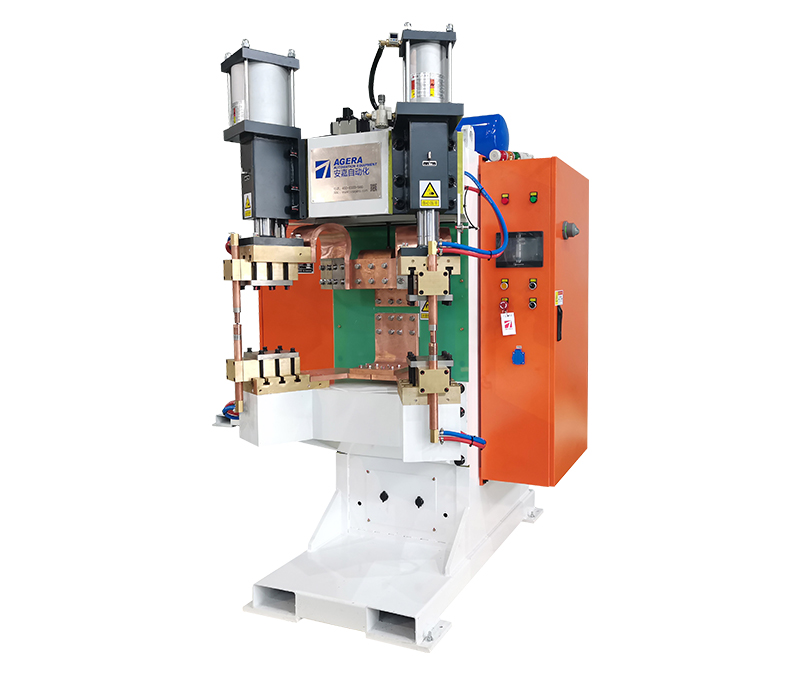How to Deal with Weld Slag Blocking Threads in Nut Spot Welding Machine?
When operating a nut spot welding machine, encountering the issue of weld slag obstructing the threads can be a common and frustrating problem. However, with the right techniques and a little know-how, this issue can be easily resolved.
1. Safety First
Before attempting to address the problem, ensure that the welding machine is turned off and disconnected from the power source. Safety precautions, such as wearing appropriate protective gear and working in a well-ventilated area, should always be observed.
2. Gather Your Tools
To tackle this problem effectively, you’ll need the following tools:
- Welding chisel
- Wire brush
- Pliers
- Safety glasses
- Welding gloves
3. Inspection
Begin by inspecting the affected area. Make sure to identify where the weld slag is obstructing the threads. It’s essential to determine the extent of the blockage and whether it’s localized to a specific area or more widespread.
4. Chiseling Away the Slag
Use the welding chisel to carefully chip away the weld slag from the threaded area. Be cautious not to damage the threads themselves. This process may take some time and patience, so work slowly and methodically.
5. Brushing and Cleaning
After chiseling, take a wire brush to remove any remaining slag and debris. This step is crucial to ensure the threads are free from any obstructions. Use pliers to extract any stubborn slag pieces that may be difficult to reach with a brush.
6. Re-threading
Once the threads are clean and clear, try threading a nut onto the affected area to ensure it goes on smoothly. If there is still resistance, re-chisel and clean until the threads are completely unblocked.
7. Test Weld
Before resuming welding operations, it’s advisable to conduct a test weld to confirm that the issue has been fully resolved. This will ensure that the threads are not compromised and that the welds are secure.
8. Preventive Measures
To avoid weld slag blockage in the future, consider the following preventive measures:
- Use high-quality welding materials to minimize slag formation.
- Monitor the welding process closely to catch any slag buildup early.
- Clean the welding gun and electrodes regularly to prevent slag from accumulating.
In conclusion, dealing with weld slag blocking threads in a nut spot welding machine may seem like a formidable challenge, but with the right tools and techniques, it can be effectively resolved. Remember that safety is paramount, and a systematic approach to removal and cleaning is key to preventing further issues. By taking preventive measures, you can reduce the likelihood of encountering this problem in the future, ensuring smooth and efficient welding operations.
